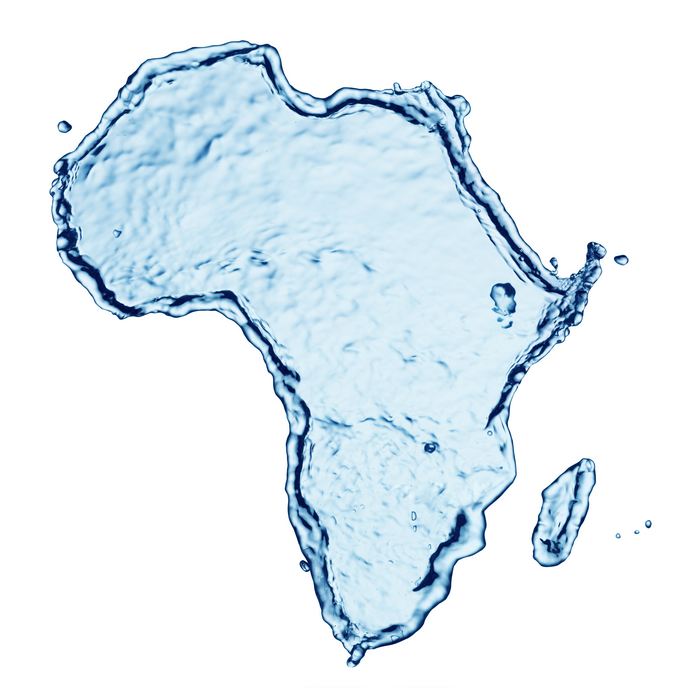Water innovation for Africa: Sustainable solutions for water management
In general, in low-income countries, and in some countries in Africa in particular, sustainable water supply and sanitation which are vital for food security, health, survival, societal well-being and economic growth are not a given. Without water, there is no life. However, according to the World Health Organization (WHO), water scarcity affects one in three people in Africa. This situation is further aggravated by population growth, challenges to economic development, urbanisation, demographic shifts and climate change. On top of this, contaminated water and poor sanitary conditions result in vulnerability to waterborne diseases such as diarrhoea, cholera and typhoid. This can carry grave human and economic costs and may potentially affect peace and security in the African region.
The fight for clean water and sanitation
To tackle water-related challenges in Africa, the European Union launched two Horizon 2020 Calls. Horizon 2020’s Water-5b-2015 Call ‘A coordination platform’ aimed to increase Africa’s preparedness to address water and climate change vulnerabilities, with less fragmentation of efforts, as well as improve upon monitoring and forecasting tools, and enhance knowledge sharing and technology transfer. Then, the Water-5c-2015 Call focused on the ‘Development of water supply and sanitation technology, systems and tools, and/or methodologies’ to ensure the application of innovative technological approaches/solutions to local conditions. It further aimed at the operational and effective application of integrated water management and better identification of water vulnerability. Additionally, the call sought to improve the capacity-building of local actors and increase economic and social well-being at local and regional levels in non-EU Mediterranean countries and Africa.
The projects making a difference
A significant amount of research and innovation activities have been undertaken to find innovative solutions for water management in Africa while also fostering scientific cooperation between the European Union and the African continent. This pack showcases seven projects funded under the two Horizon 2020 calls detailed above. The AfriAlliance project is bringing African and European stakeholders together to better prepare Africa for water and climate change challenges. Through the DAFNE project, 14 partners from Europe and Africa have joined forces to facilitate collaboration for sustainable and effective solutions for the management of the water-energy-food nexus. Another project, FLOWERED, followed a methodological approach for the identification of contaminated water and implemented mitigation and defluoridation measures for its treatment. MADFORWATER worked towards developing a set of integrated technological and management solutions to improve wastewater treatment and irrigation. The SafeWaterAfrica project developed a novel water-cleaning system that purifies chemical contaminants and disinfects water from pathogens. Then we have the VicInAqua project. It integrated innovative wastewater treatment, aquaculture and irrigation in the Lake Victoria Basin. Finally, the WATERSPOUTT project is working towards improving sustainable point-of-use solar disinfection technologies and combining them with other water treatment methods. The joint scientific and innovation achievements of these projects are contributing towards enhancing the open-to-the-world nature of Horizon 2020 and towards reinforcing the role of Africa as a key research & innovation partner in the context of Horizon Europe.



